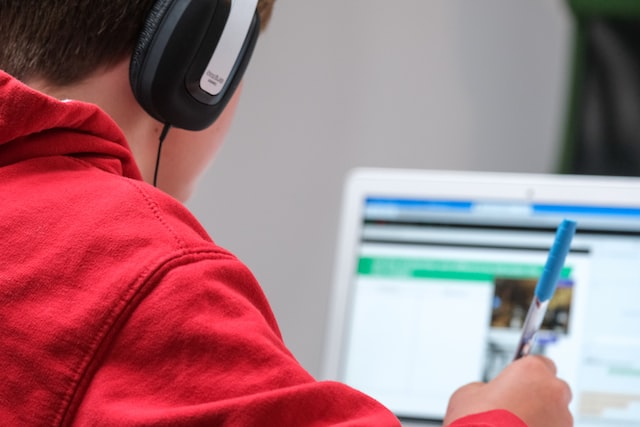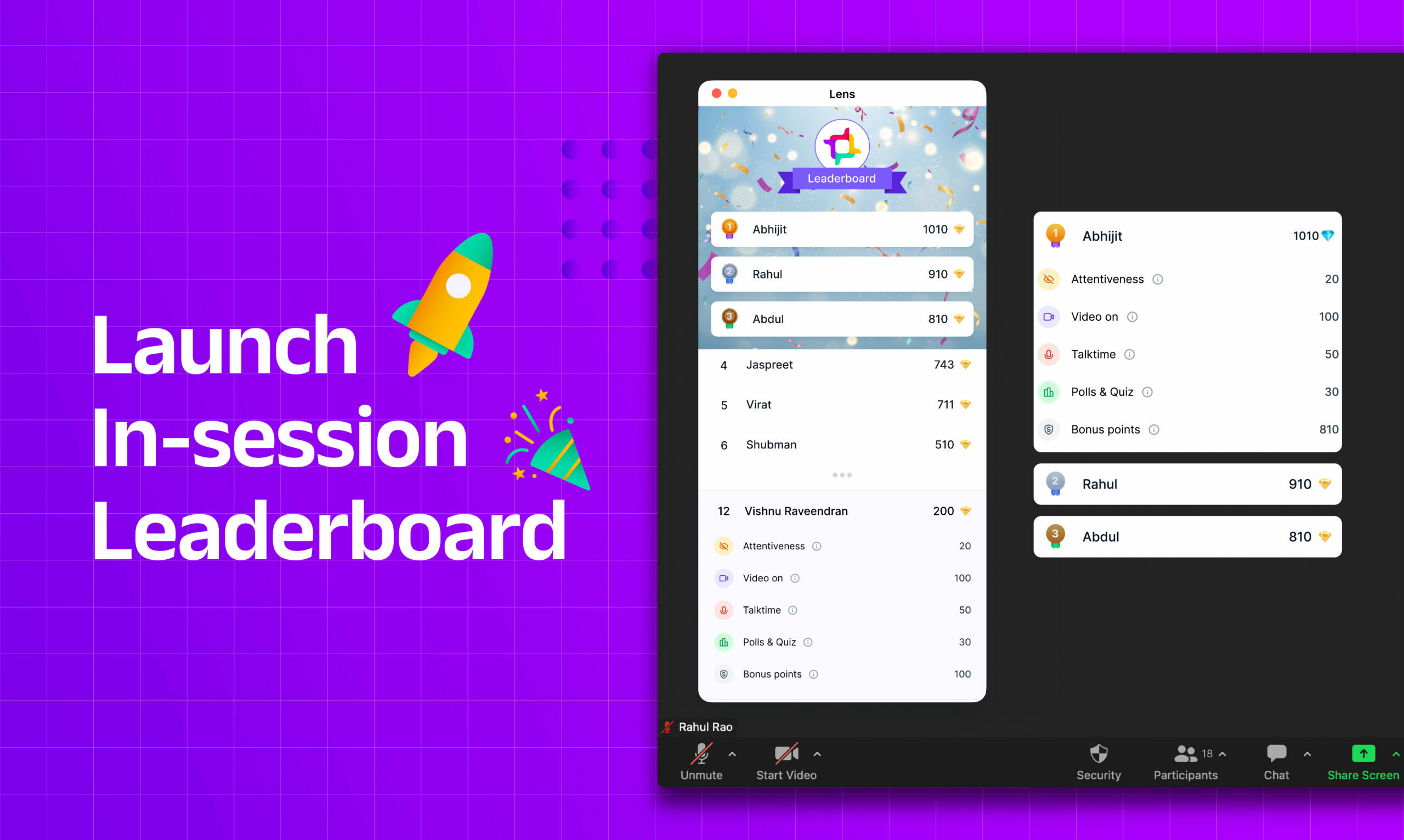Integrating EdTech and Zoom in online degree programs has been a game-changer for education and has revolutionized the way students learn. With the advent of technology and the rise of remote learning, universities, and colleges have had to adapt to new educational methods. Zoom has emerged as the preferred platform for virtual learning, and EdTech tools like Lens have taken it to the next level.
This integration makes it possible for universities and colleges to deliver education more efficiently and effectively. With the ability to measure student engagement and attentiveness, instructors can tailor their lessons to meet the needs of their students. This results in a higher quality of education and better student outcomes.
The Importance of Engagement and Attentiveness in Online Degree Programs

Online degree programs have become increasingly popular in recent years, with students opting for flexible and convenient ways to continue their education. However, online students’ biggest challenge is staying engaged and attentive during virtual classes. This is where the integration of EdTech and Zoom comes in, with tools like Lens offering a solution to this problem.
Lens is a Zoom add-on that measures student engagement and attentiveness during online classes, providing valuable data for instructors and universities. By monitoring talk time and screen time, Lens allows instructors to see how engaged and attentive their students are during virtual classes. This information can then be used to make data-driven decisions on increasing engagement and attentiveness, resulting in better student outcomes.
Engagement and attentiveness are crucial for student success in online degree programs. Engaged students are more likely to retain information, understand complex concepts, and feel more involved in their education. Attentiveness, on the other hand, is essential for keeping students focused and alert during virtual classes, reducing the risk of distractions, and improving their overall learning experience.
Maximizing Student Learning by Optimizing Content

The integration of EdTech content review and Zoom in online degree programs has the potential to transform the way students learn and maximize their academic success. EdTech tools, like Lens, help instructors measure student engagement and attentiveness during virtual classes, providing valuable data to improve the quality of their lessons. On the other hand, Zoom offers a convenient and flexible platform for virtual learning.
By combining the power of EdTech content review and Zoom, online degree programs can create a more effective and engaging learning environment for students. For example, Lens provides instructors with a leaderboard, polls, and quizzes, and an in-meeting browser to increase student engagement. This makes the learning experience more interactive and enjoyable, resulting in increased student motivation and improved academic performance.
Incorporating EdTech content review into online degree programs also helps instructors to provide students with more personalized feedback on their assignments and projects. With EdTech tools, instructors can quickly and easily review and grade student work, providing constructive feedback to help students improve their skills and achieve their academic goals.
Moreover, integrating EdTech and Zoom in online degree programs allows for more flexible and convenient learning. Students can attend virtual classes from anywhere, anytime, making it possible for them to balance their education with work and other responsibilities. This flexibility can result in a more positive learning experience, reducing the stress and frustration often associated with traditional in-person classes.
The Benefits of Using Lens to Enhance Online Degree Programs

Online degree programs have the potential to offer students a flexible and convenient way to continue their education. However, maintaining student engagement and attentiveness during virtual classes can be challenging. This is where Lens, a Zoom add-on, comes in, offering a solution to this problem through gamification.
Gamifying the virtual classroom is a powerful tool for increasing student engagement and attentiveness. Lens provides instructors with a leaderboard that allows them to reward students for their participation and involvement during virtual classes. This creates a more competitive and interactive learning environment, encouraging students to participate actively and engage in their education.
In addition to increasing student engagement, gamification also helps to keep students focused and alert during virtual classes. Creating a more fun and enjoyable learning experience makes students less likely to become distracted or lose interest during online classes. This can result in better academic performance and improved student outcomes.
The Future of Online Degree Programs

The integration of EdTech tools in online degree programs has the potential to greatly improve student outcomes and academic performance. Tools like Lens offer a unique solution to maintaining student engagement and attentiveness during virtual classes, which is critical for student success in online education.
By using Lens to monitor student engagement and attentiveness during virtual classes, instructors can make data-driven decisions about improving their lessons and increasing student engagement. This can result in better academic performance, as students are more likely to participate and retain information from their lessons actively.
In addition to improving academic performance, EdTech tools like Lens can also help to increase student satisfaction and motivation. Gamifying the virtual classroom can make the learning experience more enjoyable and interactive, leading to a more positive overall experience for students.
Moreover, by providing valuable data to online degree programs, EdTech tools like Lens can help improve the program’s overall quality. With a more robust performance metric, online degree programs can make necessary improvements to their curriculum and instruction, leading to better student outcomes and success.




